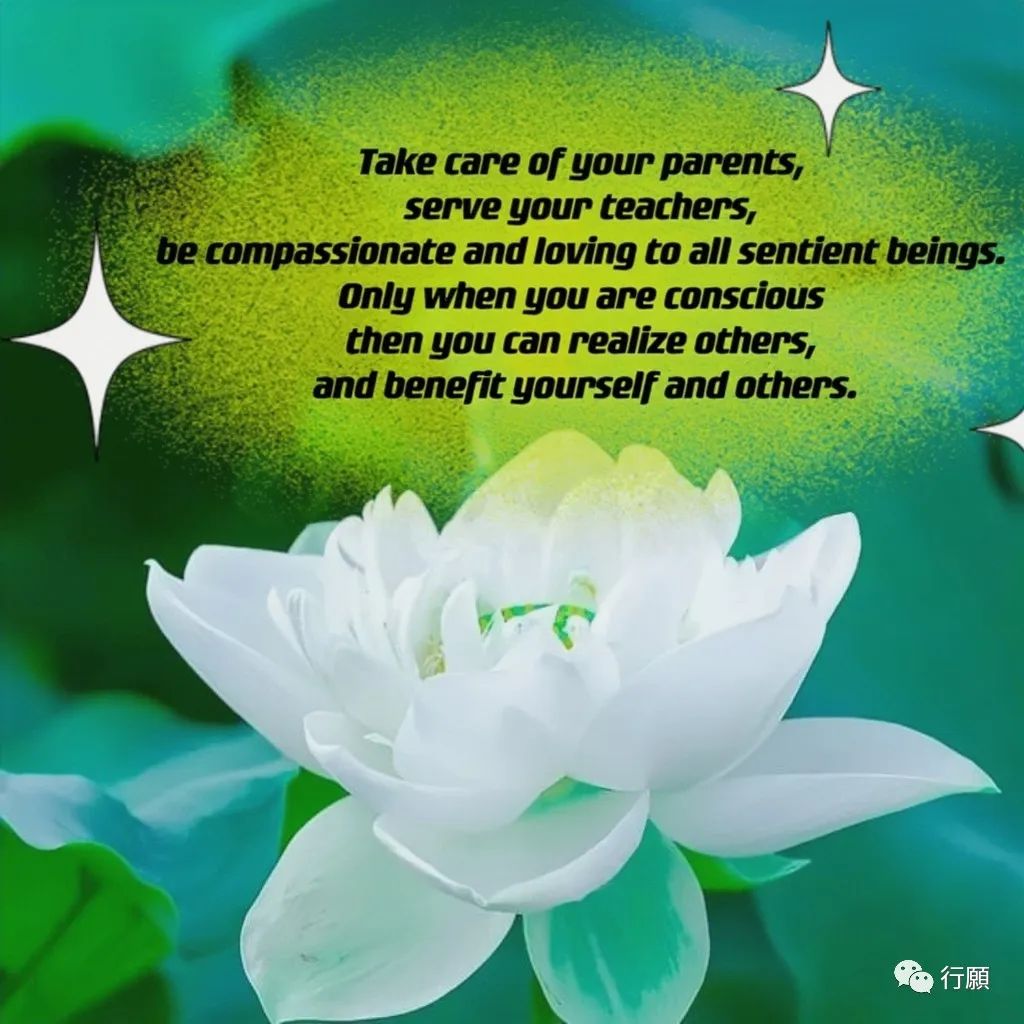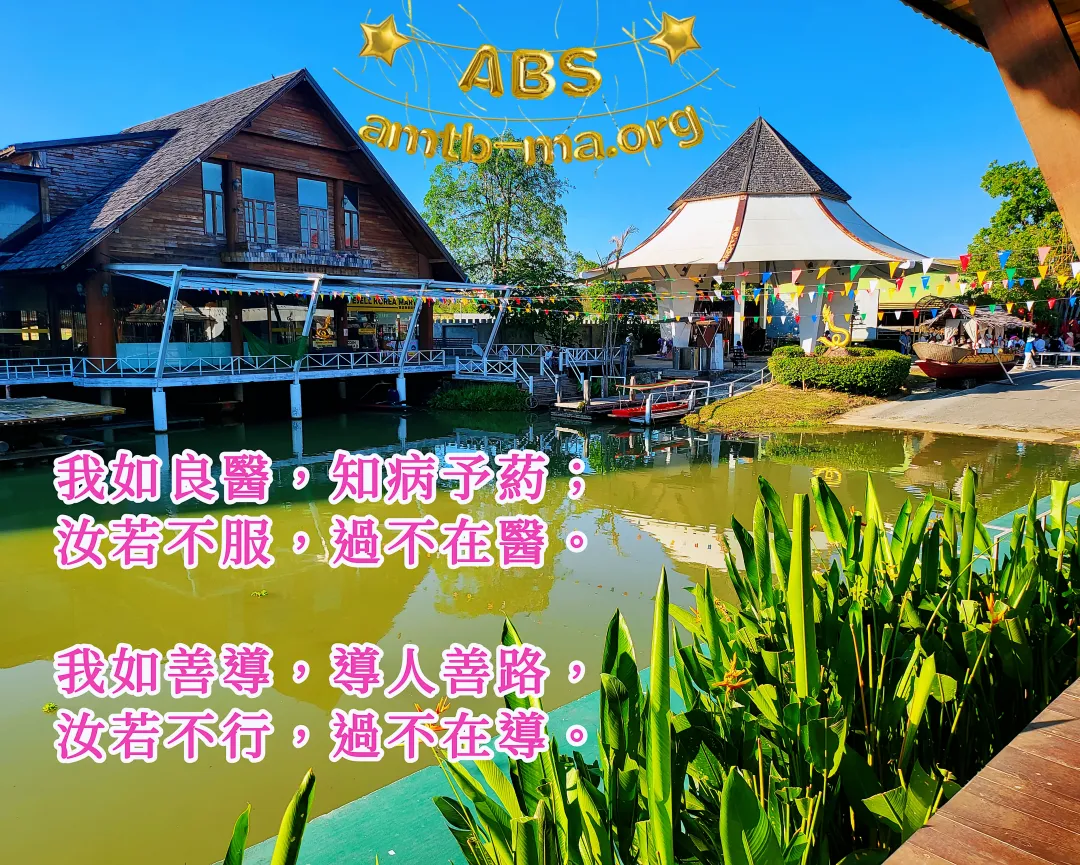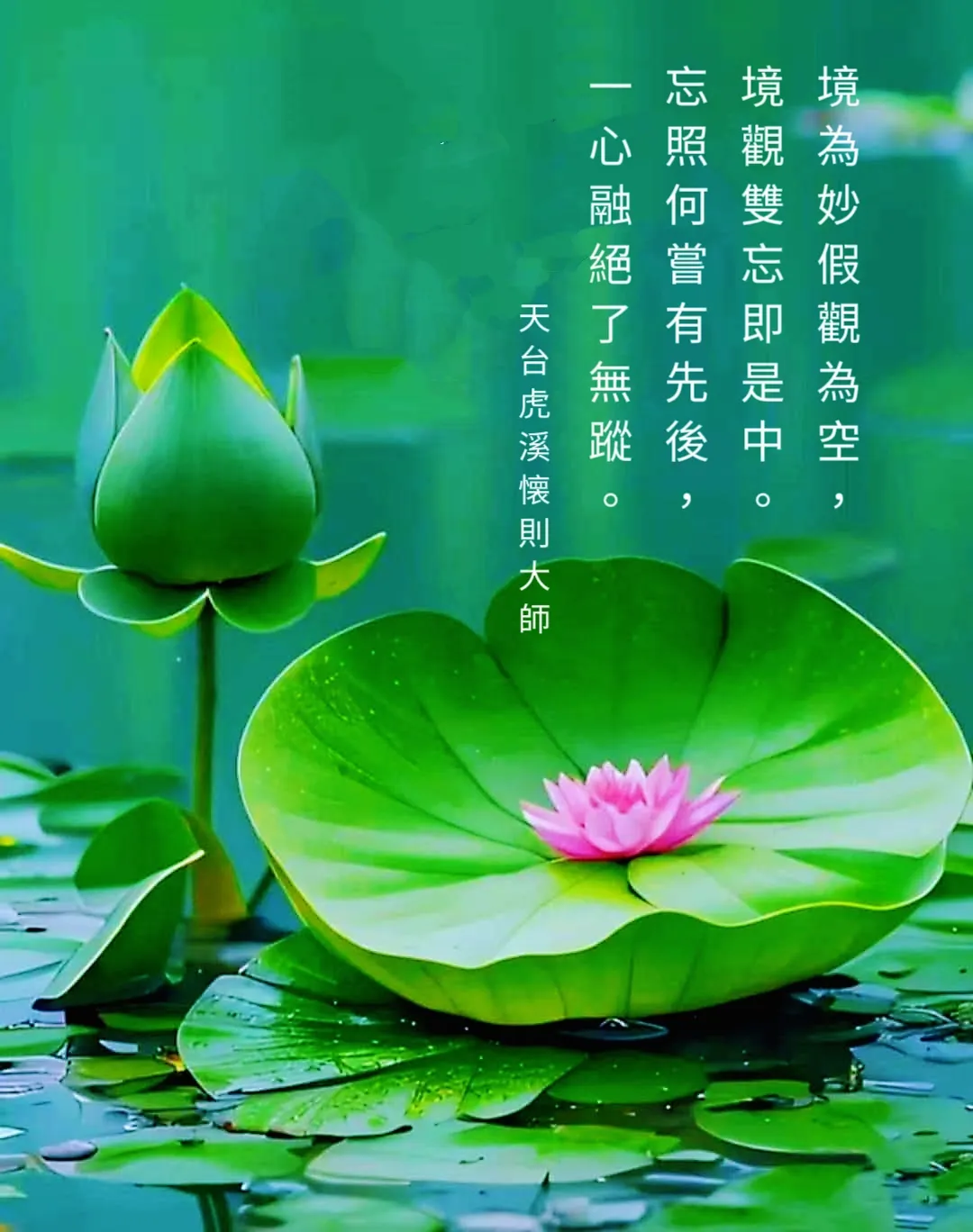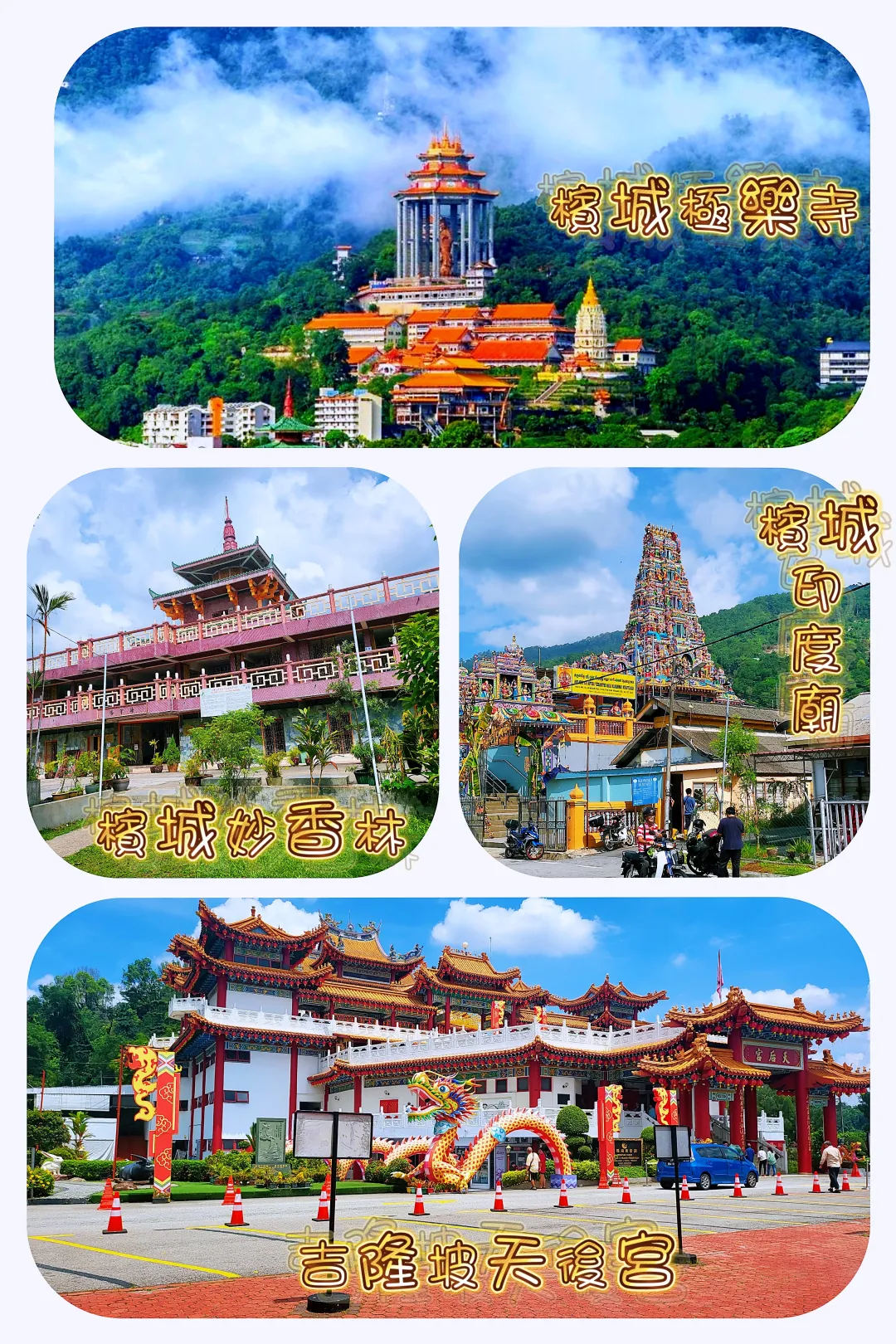Ullambana Festival is also called the Sangha Day, or the Buddha’s joyful day. It is the day when the Sangha community had completed their summer retreat. As Buddhists, we should uphold the Buddha’s teaching of filial piety by supporting the Sangha. Ullambana festival is celebrated with great popularity and magnificence in different countries, such as China, Japan, Malaysia, India, Thailand, Lao, Cambodia and others. (僧伽日,佛歡喜日~盂蘭盆節。 盂蘭盆節又稱僧伽日,佛歡喜日。 這一天是僧團結束暑期閉關的日子。 作為佛教徒,我們應該弘揚佛陀的孝道,擁護僧團。 盂蘭盆節在中國、日本、馬來西亞、印度、泰國、老撾、柬埔寨等國家都具有盛大的慶祝活動。)
The origin of Ullambana revolves around the tale of Maudgalyayana who saves his mother from hunger and thus, obtaining liberation for her. The story is traced back to India where a young Brahmin boy named Maudgalyayana left home to become a disciple of Brahma and later one of the chief disciples of Buddha.(盂蘭盆節的起源圍繞著目犍連救母親脫離飢餓而獲得解脫的故事。 故事要追溯到印度,一位名叫目犍連的婆羅門少年離家成為梵天的弟子,後來成為佛陀的首席弟子之一。)
“Ullambana” is a transliteration of the Sanskrit word Ullambana, which means “hanging upside down”. It is a metaphor for the suffering of the dead, as if the feet are up and the head is down. The scriptures say: (“盂蘭盆”是梵文盂蘭盆音的音譯,意為“倒掛”。 比喻死者的痛苦,彷彿腳朝上,頭朝下。 經文說:)
“Buddhist disciple Moggallana, after practicing the six supernatural powers from meditation, wanted to save his parents in return for his upbringing. He observed with his celestial eyes and found that his father had ascended to heaven and was enjoying blessings; while his mother had fallen into the ghost realm and could not eat or drink. The skin and bones were connected, and the shape was very miserable. Moggallana felt sad, so he filled the alms bowl he used for alms with food and offered it to his mother. His mother took the rice bowl, but due to karma, The food was turned into coals of fire. Moggallana wept and wept, and asked Sakyamuni Buddha for advice on the way of salvation. (佛弟子目犍連修習六神通後,欲救父母,以報養育之恩。他用天目觀察,發現父親已經升天受福,而母親卻墜落了。入鬼界,不能吃喝,皮骨相連,形狀十分淒慘,目犍連感到悲傷,於是將自己用來托缽的缽盛滿食物,供養母親。接過飯碗,卻因因果報應,飯菜都變成了炭火。目犍連哭泣,向釋迦牟尼佛請教解脫之道。)
“The Buddha taught him: ‘On the 15th day of the seventh month, when the monks are self-restraining (that is, the day when the monks’ summer retreat in the rainy season ends), mortals will make offerings to the great monks of the ten directions with a hundred flavors and five fruits, bed coverings, bedding, food, clothing and medicine. Everyone, you can use this merit to dedicate to the current world, parents of the seventh generation, and relatives of the six relatives, so as to avoid suffering and fall into the three evil paths of hell, hungry ghosts, and animals. Parents in this world can also increase the life span of blessings.』(”佛陀教導他:‘七月十五日,比丘們禁慾之日(即比丘們雨季避暑結束的日子),凡人要供養佛陀。十方大和尚,百味五果,被褥,衣食,藥物,諸位可用此功德,迴向今世,七世父母,六親眷屬,以免墮入地獄、餓鬼、畜生三惡道,受苦。此世父母,亦能增長福壽。』)
“Therefore, Moggallana followed the teachings, and on the fifteenth day of the seventh month, when the monks were free, he and other donors made offerings to the monks with food, etc….(“因此,目犍連遵循教法,在七月十五日,當比丘們空閒時,他和其他施主以食物等供養比丘們……)
“The Buddha commanded the monks of the ten directions to chant mantras and wishes for the donors of the meals first, wishing their parents in the past life to be free from suffering and find happiness, and their parents in the present life to increase their blessings and wisdom, and then accept the meals given….
“As a result, Moggallana’s mother escaped from the suffering of the hungry ghost realm that day.”(“佛命十方比丘,先為供食者念咒祈願,祝愿他們過去世的父母離苦得樂,今生的父母增加福報。於是,目犍蓮的母親那天就脫離了餓鬼道的痛苦。)
Since then, all Buddhist disciples have also followed the rituals of the Yulan Basin to make offerings to the Sangha, relying on the mighty power of the Three Jewels of Buddhism, Dharma, and Sangha to save their parents. This is the origin of the Obon Festival on July 15th.(從此,諸佛弟子也遵循玉蘭盆地的儀軌,供養僧團,依靠佛、法、僧三寶的威力來救度父母。 這就是7月15日盂蘭盆節的由來。)
The story of Moggallana saving his mother in the “Ullambana Basin” is widely circulated and known to all women and children; and in the Ullambana Basin, besides offering rich food and beverages to the monks, The ancestors of the world, so the ritual of giving food became popular and became a common practice.(目犍連在“盂蘭盆”救母的故事廣為流傳,婦孺皆知; 而在盂蘭盆盆地,除了供養豐富的食物和飲料給僧人、世間的祖先之外,因此施食的儀式開始流行,成為一種普遍的習俗。)
After the Song Dynasty, the content of the Yulan Basin Festival gradually developed from a feast for monks and priests to an activity of super recommending ancestors’ dead spirits, mainly offering food to ghosts and gods.(宋代以後,盂蘭盆節的內容逐漸從僧侶、道士的宴席發展為超級推薦祖先亡靈的活動,主要是祭祀鬼神食物。)
In the second generation of Yuan and Ming Dynasties, the Yulan Festival further evolved into a festival of folk customs, which fully reflected China’s filial piety. The filial children and virtuous grandsons not only offer preserved food, wine and delicacies to the shrine, but also burn ghost money, release river lanterns, and burn Dharma boats. In fact, these activities have nothing to do with Buddhism. They are nothing more than the practice of people’s daydreams and longings to save the souls of the dead. They are all manifestations of filial piety. The Ullambana(Yulan) Festival is not only a festival to honor your parents in the past, it also reminds you to repay your kindness and filial piety.(到了元明二代,盂蘭節進一步演變為民俗節日,充分體現了中國的孝道。 孝子賢孫不僅向神社供奉醃製食品、美酒佳餚,還燒鬼錢、放河燈、燒法船。 事實上,這些活動與佛教無關。 它們只不過是人們的白日夢和拯救死者靈魂的渴望的實踐。 都是孝心的體現。 盂蘭盆節不僅是過去孝敬父母的節日,也是提醒人們報恩、報孝的節日。)
Crows have the feeling of filial piety to feed back their relatives, and lambs have the virtue of being grateful and kneeling. Animals know how to repay their kindness. We call ourselves the spirits of all things. Can we practice filial piety, be grateful and filial to our present parents, and mourn our past parents? We should pay attention to filial piety. The three principles and five constant principles of ethics and morality center on “filial piety”, and by extension, filial piety to the country is “loyalty”, filial piety to brothers is “fraternity”, filial piety to friends is “righteousness”, and filial piety to all living beings is “righteousness”. The ultimate filial piety is “benevolence”. (烏鴉有反哺親人的孝道之情,羔羊有感恩跪拜的美德。 動物們知道如何報答自己的恩情。 我們稱自己為萬物之靈。 我們能不能孝順父母,感恩孝順現在的父母,哀悼過去的父母? 我們應該注重孝道。 倫理道德的三綱五恆以“孝”為中心,推而廣之,孝國家就是“忠”,孝兄弟就是“博”,孝朋友就是“義”,孝順眾生就是“義”。 孝道的終極是“仁”。)
Buddhism teaches people to start with honoring their parents, to bring out the truth, kindness and beauty of human nature to the extreme, and to spread compassion for all sentient beings. This is the manifestation of benevolence and compassion. The Festival provides an auspicious time for filial sons and grandsons to mourn their ancestors and pay homage to the Three Treasures. This will increase the life expectancy of parents in this world, and the parents of the past seven generations will be able to escape from suffering and find happiness, and be reborn in a good place. (佛教教導人們從孝敬父母開始,把人性的真善美髮揮到極致,對一切眾生懷有慈悲之心。 這就是慈悲心的體現。 盂蘭盆節就成就了孝子子孫悼念祖先、祭奠三寶的吉祥時刻。 這樣就可以增加世間父母的壽命,過去七代的父母就能離苦得樂,往生善趣。)
On the 15th day of the seventh lunar month, when the monks are self-restraining, everyone offers food and other offerings to the monks. The Buddha ordered the monks from the ten directions to chant mantras and wishes for the donors who gave food, and wish their parents in the past life to be free from suffering and find happiness. The blessings and wisdom of the living parents grow, and then the monks receive the meals given. (農曆七月十五,是僧侶們自我約束的日子,大家都會向僧侶們供奉食物和其他供品。 佛命十方比丘,為施食的布施者念咒祈願,祝愿他們的過去世父母離苦得樂。 父母在世的加持和智慧增長,然後比丘們接受所給予的膳食。)
On this festival, it reminds you to repay your kindness and filial piety. The most important thing is to show respect for your parents, you can treat your parents well and spend more time with them. Buddhists should know that Gods and Spirits do not eat food, but ancestors and spirits are free from suffering as their living relatives feed the monks and the poor. Therefore, distributing food and medicine to the needy and the poor can also make souls accept their prayers. (在這個節日,它提醒你要報恩、報孝。 最重要的是要尊重父母,可以善待父母,多花時間陪伴他們。 佛教徒應該知道,神靈不吃食物,但祖先和神靈因他們在世的親人供養僧侶和窮人而免受痛苦。 因此,向有需要的人和窮人分發食物和藥品也可以使靈魂接受他們的祈禱。)
Everyone can also go to the temple to worship Buddha and chant scriptures, increase blessings and prolong life, don’t miss the opportunity! (大家也可以去寺廟拜佛念經,增福延年,不要錯過機會!)
*Mantra of blessing for parents(報父母恩咒):
南(na)無(mo)密(mi)慄(li)多(duo)
哆(duo)婆(po)曳(yì)娑(suo)訶(he)
Over how many years of the century, We have been nurtured by immeasurable parents. With this kindness and virtue, what we should do is honor our parents and nurture them to develop the heart of the Pure Land. we hope that in the next hundred years, they will be able to live in the Pure Land of Ultimate Bliss. (歷劫以來無量無邊的父母含薪如苦養育我們,此恩此德,我們只有躬恭盡粹孝敬父母,長養父母萌生凈土之心,他日百年可以往生安養極樂凈土。)





發佈留言